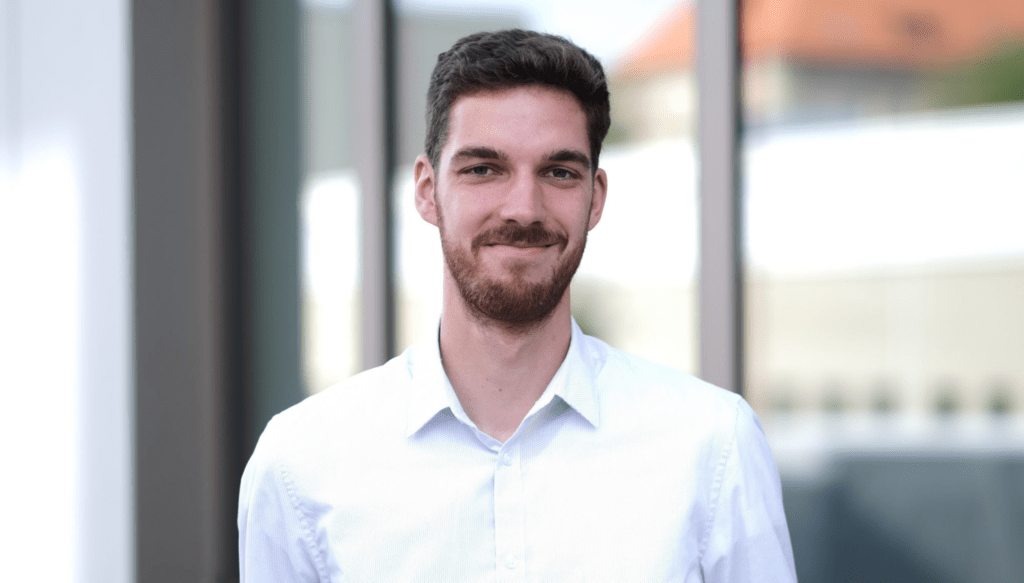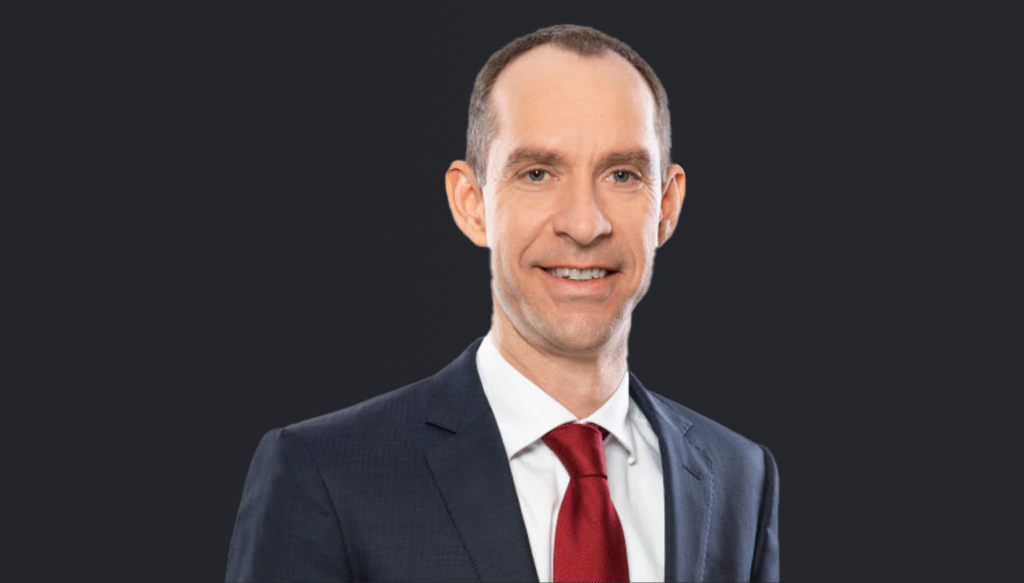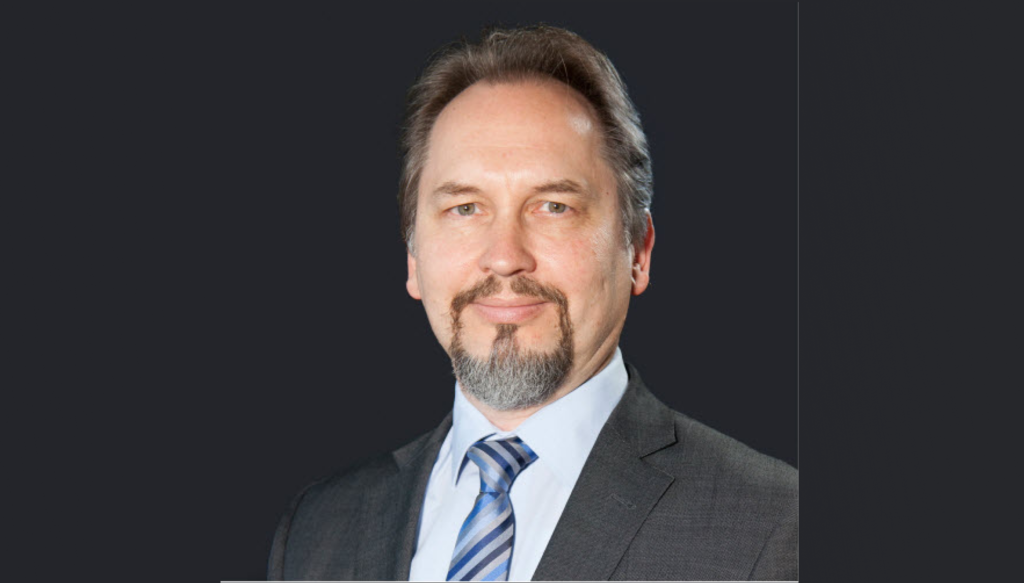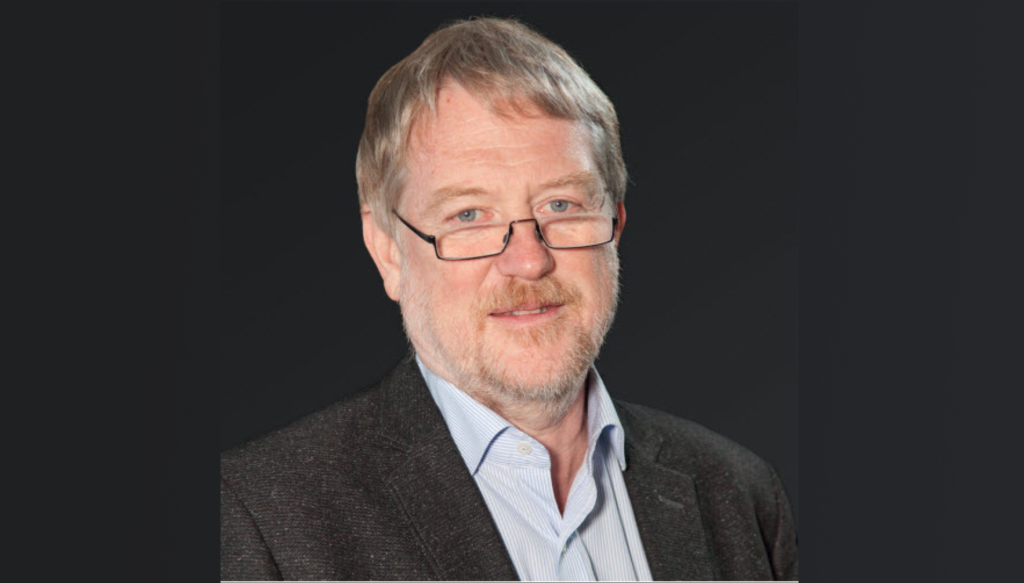Projects Overview C3/II AI methods for the sustainable, synergetic use of the investigation results of GRK 2250 for the design and optimization of impact protection systems
C3/II AI methods for the sustainable, synergetic use of the investigation results of GRK 2250 for the design and optimization of impact protection systems
In the GRK 2250 numerous interdisciplinary results from experiments and numerical simulations are generated. Due to the large methodological spectrum, the data are very heterogeneous and available in different formats, information structures and locations. In order to use the resulting data synergistically and sustainably within the framework of the research training group and beyond, a comprehensive, tailor-made concept for scientific data management and data exploitation must be developed.
The development of such a concept and its implementation in the GRK 2250 is the central goal of the PhD project C3. A holistic methodology is to be developed, which will generate overarching scientific added value from the resulting data.

Contributors

© André Terpe
Doctoral Researcher
(2020-2023)
Dipl.-Ing. Felix Conrad
Institute of Mechatronic Engineering
Chair of Machine Tools Development and Adaptive Controls
TU Dresden
Helmholtzstraße 7a
01069 Dresden
Germany

Principal Investigator
Prof. Dr.-Ing. Steffen Ihlenfeldt
Fraunhofer Institute for Machine Tools and Forming Technology IWU
Nöthnitzer Str. 44
01187 Dresden
Germany
- Steffen.Ihlenfeldt@tu-dresden.de
- Institute
- +49 351 463 34358

in cooperation with
Univ.-Prof. Dr.-Ing. Viktor Mechtcherine
Institute of Construction Materials
Von-Mises-Bau, 3rd Floor, Room 315A Georg-Schumann-Straße 7
01187 Dresden
Germany
- Mechtcherine@tu-dresden.de
- Institute
- +49 351 463 36311
- +49 351 463 37268

in cooperation with
Univ.-Prof. Dr.-Ing. Dr.-Ing. E.h. Manfred Curbach
Institute of concrete structures
ABS, Floor 05, Room 009
August-Bebel-Straße 30/30A
01219 Dresden
Germany
- Manfred.Curbach@tu-dresden.de
- Institute
- +49 351 463 37660
- +49 351 463 37289

in cooperation with
Univ.-Prof. Dr.-Ing. habil. Michael Kaliske
Institute of Construction Materials
Von-Mises-Bau (VMB), Room 101A Georg-Schumann-Straße 7
01187 Dresden
Germany
- michael.kaliske@tu-dresden.de
- Institute
- +49 351 463 34386
- +49 351 463 37086

